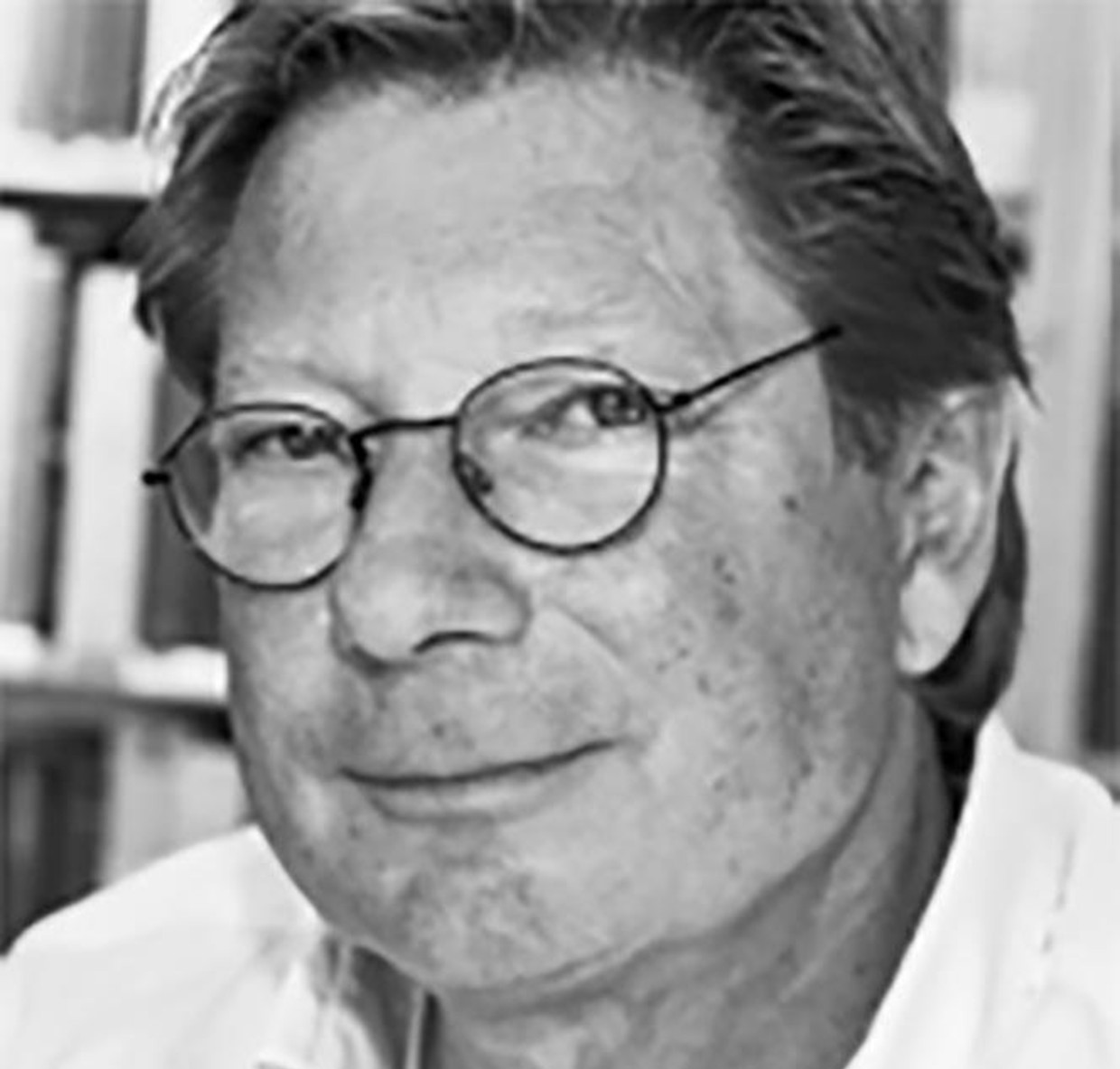This PhD/Research Master course will concentrate on early modern sermons, a genre of tremendous impact on European culture not just in the period of the Reformation but throughout. We will lecture on the practice of sermons in the period 1200-1650 throughout and beyond Europe, concentrating on the Roman scene: where, when and how were sermons held?
Condividi questa pagina2019 brought the 40th anniversary of the publication of John O’Malley’s brilliant study Praise and Blame in Renaissance Rome, that put epideictic rhetoric practised in early modern sermons centre stage for the first time. O’ Malley’ seminal work did more than merely alert students to the extraordinary impact of rhetoric on curial practice and theory: it paved the way for a new assessment of the role of sermons in early modern literature on the one hand, and the impact of rhetoric on Renaissance theology on the other.
To celebrate this anniversary the Royal Dutch Institute in Rome organizes a course on PhD/Research Master level on early modern sermons, a genre of tremendous impact on European culture not just in the period of the Reformation but throughout. We will lecture on the practice of sermons in the period 1200-1650 throughout and beyond Europe, concentrating on the Roman scene: where, when and how were sermons held? What role did they play in church ritual and what did they set out to achieve? What role did the theory and practice of ancient rhetoric play, and what controversies did rhetoric trigger within and outside of the church? What was the relation between the spoken sermon and its publication as a literary text? Was there any literary prestige involved in their production? What can we deduce from these texts regarding their public? Were Renaissance preachers converting or preaching to the converted? What rhetorical strategies were involved either way?
We will study these and related questions by inspecting the phenomenon of sermons inside out: we will visit churches and other venues where sermons were and still are held; we will carefully inspect the church furniture involved and the organisation of space there; we will look at representations of sermons and visit institutions where sermonising is taught; we will study the theory and history of epideictic rhetoric; and we will compare medieval and early modern sermons to their modern equivalents, on- and offline.
The course will culminate in the students’ attending a two-day expert meeting in workshop form at the Institute and responding to papers. The workshop opens with celebration of the anniversary of O’Malley’s book and epideictic rhetoric in different historical contexts (David Rijser). John O’Malley will be joining us online on this festive occasion. Friday and Saturday, experts with different linguistic and literary expertise will share with students and colleagues an historical sermon of their choosing, treating both the text, its formal aspects and its embeddedness in the rhetorical tradition and in its different contexts, ritual, material, performative, ideological and occasional. We will hear of Arabic, Dutch, English, Greek, French, German, Italian and Latin sermons, presented in papers with discussion on the closing Friday and Saturday. Confirmed speakers are Ingrid Rowland (Notre Dame, Rome), Mary Morrissey (Reading) Leen Spruit (Nijmegen, Rome), Linda Jones (Barcelona), Stratis Papaioannou (Crete), Paul Smith (Leiden, French), and Bart Ramakers, Catrien Santing & Bram van de Velde from Groningen.
Target group and admission
The course is open to a maximum of 15 selected RMa and PhD students in (cultural) history, Language and Literature, general and comparative literature, reception studies, classics, the Modern Language and Culture departments, especially with specialisation in Dutch, English, French, Italian, German or Arabic, (art) history, heritage studies, cultural studies or related disciplines at MA, RMA or PhD level from KNIR partner universities (Universiteit van Amsterdam, Vrije Universiteit, Universiteit Leiden, Universiteit Utrecht, Radboud Universiteit, Rijksuniversiteit Groningen).
Literature
John O’Malley, Praise and Blame in Renaissance Rome: Rhetoric, Doctrine, and Reform in the Sacred Orators of the Papal Court, Duke University Press, 1979
Brian Vickers, In Defence of Rhetoric, Oxford 1988
Digital reader.
Target group and admission
The course is open to a maximum of 15 selected RMa and PhD students in (cultural) history, Language and Literature, general and comparative literature, reception studies, classics, the Modern Language and Culture departments, especially with specialisation in Dutch, English, French, Italian, German or Arabic, (art) history, heritage studies, cultural studies or related disciplines at MA, RMA or PhD level from KNIR partner universities (Universiteit van Amsterdam, Vrije Universiteit, Universiteit Leiden, Universiteit Utrecht, Radboud Universiteit, Rijksuniversiteit Groningen).
Credits and assessment
The study load is the equivalent of 5 ECTS (with possible extension to 6 ECTS). Each student should arrange with his/her home coordinator whether the course can be a part of the existing curriculum. After successful completion of the course the KNIR provides a certificate mentioning study load and evaluation.
The study load is based on:
(a.) presentation in situ on a chosen topic, related to the topic of the end paper and the chosen site of presentation (1/6);
(b.) response to a paper in the conference: (1/6)
(c.) a concluding essay (5.000 words), deadline 23 December 2022, 18.00h: 2/3 of 3/3
Costs
Tuition and lodging at the KNIR is free for selected participants from the above mentioned Dutch universities. Personal expenses, including meals, are not included. Students, enrolled in one of the above mentioned Dutch universities receive a €100 reimbursement of their expenses for travelling to Rome after submission of their final essay.
Facilities in Rome
All participants will be housed at the Royal Netherlands Institute in Rome’s Villa Borghese Park. From there, it is only a short walk to the historical center of Rome. The KNIR accommodation consists of shared bedrooms and bathrooms, and includes a living and dining space, a large kitchen, washing machine and wireless internet. All residents have 24/7 access to the library and gardens of the Royal Netherlands Institute.
Click here for more detailed information regarding the course content of this seminar.



